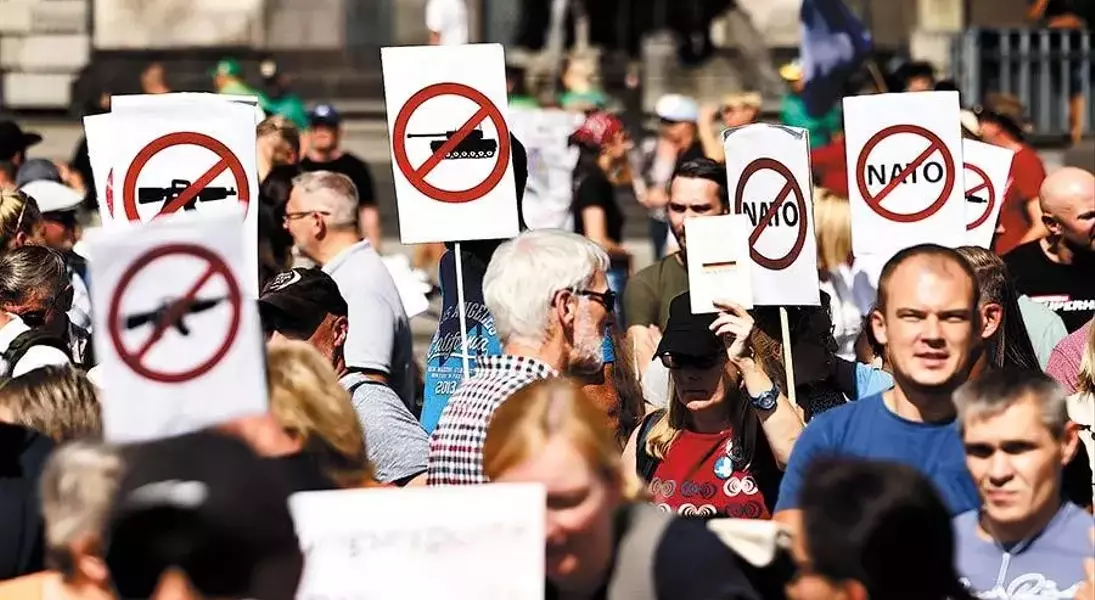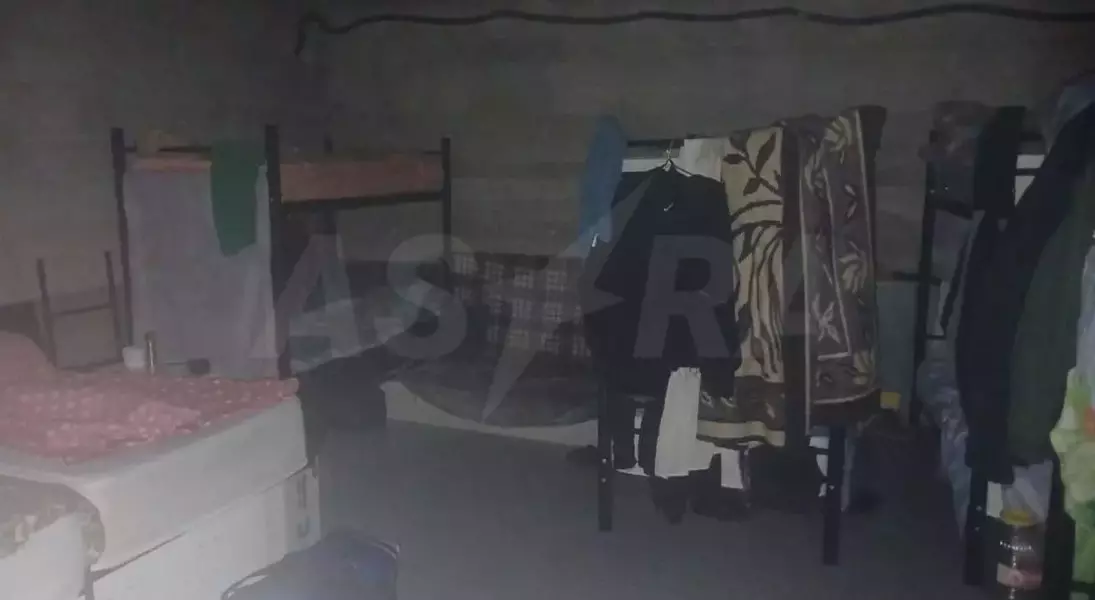



In a troubling development, over 45 Ukrainian individuals forcibly deported by Russia are enduring severe conditions in a basement facility near the Georgian border. According to independent media outlet Astra, these deportees lack access to basic necessities such as food, water, and healthcare. The situation highlights the ongoing tensions and humanitarian challenges arising from Russia's policies towards Ukrainian citizens residing in occupied territories. This report underscores the broader implications of forced migration and the impact on those caught in geopolitical conflicts.
Harsh Realities at the Verkhniy Lars Border Checkpoint
In the dimly lit confines of a damp basement at the Verkhniy Lars checkpoint between Georgia and Russia, a group of Ukrainians faces dire circumstances. Since their deportation from occupied Ukrainian territories, these individuals have been stranded without essential provisions. As of June 21, Astra reported that at least 45 deportees were being detained here, with numbers expected to rise as more arrive daily. Among them is Serhiy Serdiuk, a resident of Zaporizhzhia Oblast, who was expelled after refusing to adhere to Russia’s imposed educational curriculum.
The basement, which can barely accommodate 17 people, now houses many more, including disabled individuals and those suffering from serious illnesses. Volunteers attempt to provide humanitarian aid, but resources are limited and insufficient for the growing population. Furthermore, despite some holding valid travel documents, all deportees have been denied entry into Georgia, leaving them trapped in limbo.
This predicament stems from a decree by Russian President Vladimir Putin mandating that Ukrainians in occupied areas either acquire Russian citizenship or face expulsion. Critics argue this policy aligns with what Ukraine describes as Russia’s genocidal strategy against its people. Since early 2023, this basement has served as a holding area for deported Ukrainians barred from re-entering both Russia and the occupied regions of Ukraine.
A volunteer shared concerns about the deteriorating conditions, noting that another 100 deportees could soon join those already present. Although deportations to Georgia paused briefly in 2024, they resumed amid discussions regarding new immigration laws in Georgia.
From an educator turned refugee like Serdiuk to countless others similarly affected, each story reflects the personal toll of political decisions made far beyond their control.
As global attention shifts toward upcoming events such as the NATO summit, the plight of these deportees remains a stark reminder of the human cost embedded within larger geopolitical narratives.
From a journalistic perspective, this unfolding tragedy calls for urgent international scrutiny and intervention. It exemplifies how state policies can lead to catastrophic outcomes for vulnerable populations. Readers might reflect on the moral responsibility of nations to protect displaced persons and advocate for solutions that prioritize human dignity over political agendas. This situation demands not only empathy but also actionable solidarity from the global community.
